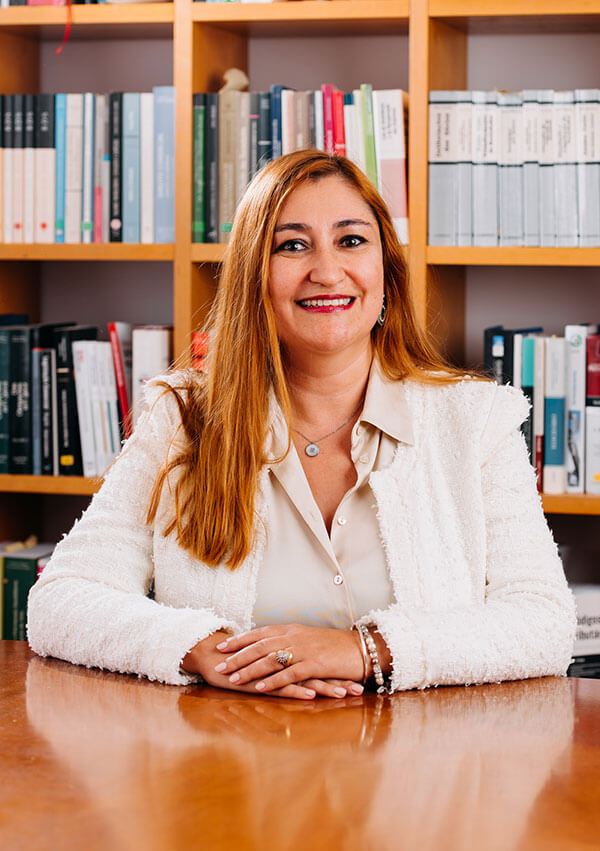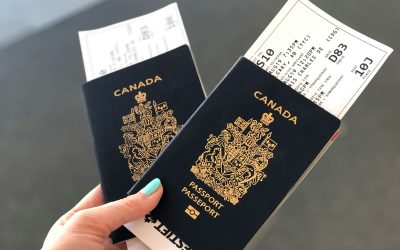The war initiated by Russia against Ukraine is affecting Ukrainians and Russians in Portugal. Given this, our team at MCS has prepared the following piece of information concerning Ukrainians and Russians in Portugal and what they should expect should they decide to take up legal residency in Portuguese territory.
Ukrainians and Russians in Portugal: Tax Residency
Ukrainians residing in Portugal under the Temporary Protection Status or any residency visa are residents for tax purposes. They must inform the Ukrainian Tax Authority of their new residential address immediately upon residency in Portuguese territory. Generally, a taxpayer is considered a tax resident in Portugal if he remains for more than 183 days. This counting refers to any period of 12 months beginning or ending in the year in question. The same rules apply to Russians legally residing in Portugal.
Tax Reporting Obligations
Consequently, for a taxpayer who is a tax resident in Portugal, the Personal Income Tax (IRS) will be levied on their worldwide income. The Portuguese tax rate can go up to 48%, but special conditions may apply to those who arrive in Portuguese territory for the first time in five years. Said special requirements are foreseen under the NHR status, which can significantly benefit many Ukrainians, especially those working in the IT sector as freelancers.
A resident taxpayer in Portugal must file the IRS Form 3 reporting worldwide income generated, worldwide income taxes paid and social security contributions made and IBANs of non-Portuguese accounts.
Exchange of information between tax authorities
The Portuguese Tax Code requires all taxpayers who work and reside abroad to communicate the change of their tax address to the Tax and Customs Authority within 60 days.
This issue has become more “serious” if we consider that banks now collect and report information on bank account balances held by non-resident (for tax purposes) clients to the tax authorities. However, a large part of expat communities abroad fails to do so. This leads them to report their income earned in both countries incorrectly.
The opposite also happens: foreign banks will report the accounts held by taxpayers resident in their national territory to their respective tax authorities, who will then communicate this information to the tax authorities of the country of origin.
This exchange of information stems from the implementation of the Common Reporting Standards (“CRS”), created by the OECD and in which Portugal and 97 other countries are involved (including Russia and Ukraine, through the Global Forum on Transparency and Exchange of Information for Tax Purposes).
These commons reporting standards aim to combat tax evasion and money laundering and can impact the tax residency status of thousands of expats.
CRSs can then risk expats’ income being taxed in their country of origin and their country of residence if tax residence status is not up to date in all jurisdictions.
Therefore, expats must update their tax residence status with the competent tax authorities in both countries.
Freelancing in Portugal
Ukrainians and Russians in Portugal wishing to pursue their freelancer activity must register in Portugal as such (this is because one cannot provide services and be registered as a freelancer in a country where one does not reside, for immigration and taxation purposes, i.e. country of origin).
Freelancer income may be taxed either under a simplified regime or based on the taxpayer’s organized accounts.
The simplified regime will apply only to taxpayers who, not having opted for organized accounts, have a turnover or a gross business and professional income lower than EUR 200,000 (for 2020) in the previous year. Under this simplified regime, the above income is taxed on 75% of income arising from business and professional services listed in the table referred to in Article 151 of the PIT Code. As an incentive for taxpayers joining the simplified regime, the coefficient of 75% is reduced by 50% and 25% in the tax period of the beginning of activity and the following one. The applicable personal income tax rate might be progressive (up to 48%) or flat at 20% (under NHR scheme conditions).
The income ‘deduction’ arising from applying the coefficient of 75% is partially conditioned by verifying expenses and charges effectively incurred and related to the activity.
Therefore, to the taxable income determined by applying the coefficients will be added the positive difference between 15% of the gross income and the sum of the following amounts (approximately EUR 27.000):
- EUR 4,104 or, when higher, the total amount of mandatory social security contributions (in part not exceeding 10% of the gross income received).
- Staff expenses, wages, or salaries communicated to the Portuguese tax authorities.
- Property rentals allocated to the professional activity communicated through the issue of an electronic receipt or a specific statement, whose invoices and other documents are communicated to the Portuguese tax authorities (if only partially assigned to the professional activity, it is considered only 25% of the total amount).
- 1.5% of the tax registration value of the properties assigned to the business or professional activity or 4% of the tax registration value of properties assigned to a hotel or letting activities (if only partially assigned to the professional activity, it is considered only 25% of the total amount).
- Other expenses with the acquisition of goods and services related to the activity, duly communicated to Portuguese tax authorities, namely expenditures with current consumption materials, electricity, water, transports and communications, rents, litigation, insurance, leasing rents, mandatory fees paid to professional associations and other organizations representing professional activities to which the taxpayer belongs, travels and stays of the taxpayer and one’s employees (if only partially assigned to the activity, it is considered only 25% of the total amount).
- Imports and intra-Community acquisitions of goods and services related to the activity.
In addition to the amount of the above deduction, the amount of mandatory social security contributions paid exceeding 10% of gross income and related to such professional activities may also be deducted from the self-employment income if not deducted for other purposes.
The contributions rate applicable to self-employees corresponds to 21.4%. The monthly contribution basis for self-employees corresponds to 1/3 of the relevant remuneration determined in each reporting period and produces effects in that month and the following two months. Determining the appropriate remuneration of the self-employee is considered the income received in the three months before the reporting month. The relevant remuneration corresponds to 70% of the amount of services rendered. The contribution base considered for each month has a maximum limit of 12 times the value of the IAS (5,265.72 euros, value in 2020), i.e. maximum contributions per month are 21.4%x(12 IAS) = EUR 1126.86.
As a freelancer or self-employed person, it is essential to note that you will be exempt from making Social Security payments for the first 12 months from the start of your activity. Social security contributions must be paid between the 10th and the 20th of the month following the month they refer.
As a freelancer or self-employed person, it is essential to note that you will be exempt from making Social Security payments for the first 12 months from the start of your activity. Social security contributions must be paid between the 10th and the 20th of the month following the month they refer.
VAT in Portugal is payable by all businesses with a turnover above €12,500 on taxable services. VAT is owed to the Portuguese Tax Authority seven days after the reporting deadline periods, either quarterly or monthly.
This article is provided for general information purposes only and is not intended to be, nor should it be construed as, legal or professional advice of any kind. Should you have any questions, please do not hesitate to contact us.

Laurinda holds a Diploma in Business Administration from the South African Institute of Administration and Commerce… Read more




